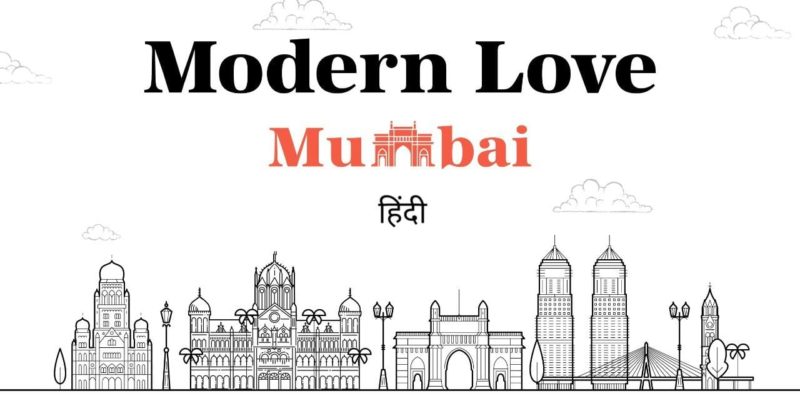The rise of digital streaming platforms has led to more music being heard. Many of the films and shows being made for these platforms also have a soundtrack to accompany the narrative. ‘Modern Love: Mumbai’, the new show on Amazon Prime Video, too, comes with an elaborate soundtrack featuring names like Shankar – Ehsaan – Loy, Vishal Bhardwaj and Ram Sampath, among others. Since the series explores different shades of love, one expects a layered soundtrack that explores a myriad of emotions.
The album opens with “Mausam Hai Pyaar”, a breezy romantic melody led by the sound of acoustic guitar, drums and other western instruments. The song has been composed by Nikhil D’Souza who has lent his voice to several popular Hindi film songs like “Mere Bina” (‘Crook’) and “Shaam” (‘Aisha’) in the past. The tune is quite simple and has a nice sing-along quality to it. The same can be said about the lyrics written by Pinky Poonawala. Nikhil composes a track that does good justice to his vocal abilities and is in a mould similar to the songs he has sung in the past.
Listening to “Raat Rani” makes you feel very happy as it is a well-composed and confidently sung track. It also makes you sad as you realize Ram Sampath has not been utilized by the Hindi film industry properly. The song is about a young woman who decides to take charge of her life and refuses to let it being controlled by somebody else. Ram’s composition has a wonderful energy to it and the hook-line is extremely catchy. The lyrics, written by Ginny Diwan, contribute greatly towards bringing this aspect to the fore very well. Nikitha Gandhi’s spirited rendition is one of the highlights of the song.
Right from ‘Tere Liye’ (2001), composer Jeet Gannguli and Sonu Nigam have collaborated on a bunch of memorable tracks including the single “Aa Bhi Ja”. There is a certain thehraav in “Kaisi Baatein Karte Ho” which makes the song truly beautiful. Jeet’s composition has a touch of melancholy to it and Sonu brings it to the fore effortlessly with his dexterous rendition. The tenderness with which he sings the song is truly incredible. “Raat ne tumko zakhm diye thhe, chaand se ab bhi darte ho…..”, lyricist Sameer Rahat plays an important role in ensuring the song stands out.
It is quite rare to see Shankar-Ehsaan-Loy composing just one song in an entire album. They, perhaps, agreed to do a solo number here as the series has different composers for the different episode/stories. “Shuru Se Shuru” is a pleasant song sung wonderfully by Shankar Mahadevan and Shashaa Tirupati. Though the composition doesn’t break any new ground, it keeps you engaged. Different sections of the song remind you of many of the songs composed by the trio in the past.
Meiyang Chang, who also plays the lead role in the episodic this song has been used, lends his voice to “Raat Bhar”. Though he was first seen as a contestant in a singing reality show, Meiyang has largely been known for his assignments as an anchor and an actor. This song enables him to flex his vocal muscles and establish the fact that he, indeed, is a good singer. The song is composed well by Vishal Bhardwaj but does remind one of many of the compositions put together by him in the past. This is the kind of song he reserves for himself in his films. Vishal also writes the lyrics for this one. After writing one song in ‘Betaabi’ (1996), Vishal has written songs occasionally. The poems he wrote for his book ‘Nude: Poems’ made it quite evident that he is deeply influenced by Gulzar as a poet. This song makes this fact further evident.
The one factor common between “Yaadein” and “The Same” is that both the tracks pay their obeisance to synth pop. The former has been sung well by Kamakshi Khanna but is driven by a rather insipid tune. The latter is an English track and is very engaging. Composed, written and produced by Neel Adhikari, “The Same” boasts of a highly immersive tune that is a delight to listen to. The track also benefits hugely from the vocal renditions of Karsh Kale and Karshni Nair.
The album of ‘Modern Love: Mumbai’ has a very urban sound to it. While the soundscape does justice to the theme or milieu of the show, most of the tracks work very well as standalone audio pieces.

